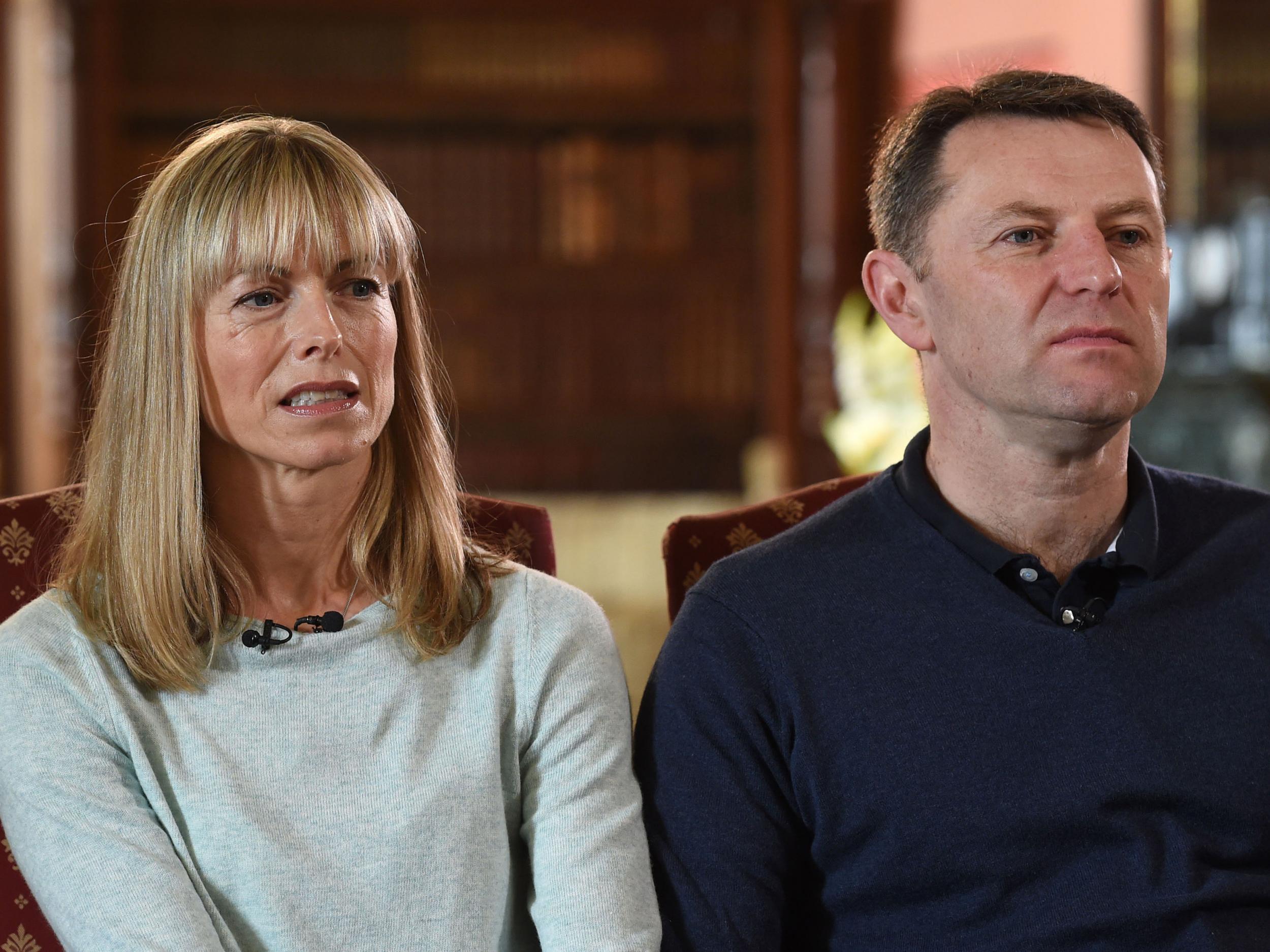High Court to rule on whether second phase of Leveson Inquiry into the press should go ahead
After government decides probe on press regulation ‘not the right way forward’

Your support helps us to tell the story
From reproductive rights to climate change to Big Tech, The Independent is on the ground when the story is developing. Whether it's investigating the financials of Elon Musk's pro-Trump PAC or producing our latest documentary, 'The A Word', which shines a light on the American women fighting for reproductive rights, we know how important it is to parse out the facts from the messaging.
At such a critical moment in US history, we need reporters on the ground. Your donation allows us to keep sending journalists to speak to both sides of the story.
The Independent is trusted by Americans across the entire political spectrum. And unlike many other quality news outlets, we choose not to lock Americans out of our reporting and analysis with paywalls. We believe quality journalism should be available to everyone, paid for by those who can afford it.
Your support makes all the difference.Victims of “serious media intrusion” will find out today if they have won a legal challenge against the government over its decision to cancel the second stage of the Leveson Inquiry.
Christopher Jefferies, Jacqui Hames and Kate and Gerry McCann brought a judicial review after previous culture secretary Matt Hancock decided reopening the “costly and time-consuming” inquiry on press regulation and ethics was not “the right way forward”.
Lord Justice Davis and Mr Justice Ouseley were expected to deliver their ruling on the case in London on Thursday afternoon.
At a hearing earlier this month, the court heard David Cameron made a “clear and unambiguous commitment” that Leveson II would go ahead at a meeting with Mr Jefferies, Ms McCann and Ms Hames in November 2012.
The second part of the inquiry was due to look into unlawful conduct within media organisations as well as relations between police and the press.
But the then-culture secretary announced in March this year that he and former home secretary Amber Rudd had cancelled the probe.
They said the decision was made on the basis that the media landscape had changed significantly since the 2011 phone hacking scandal, and justice had been served via the criminal trials of many involved.
Helen Mountfield QC, representing the four who brought the judicial review, previously told the court there “could hardly be matters of greater public importance” than the issues Leveson II was due to look into.
She argued the decision to cancel it was “unlawful” because the four had a “legitimate expectation” it would go ahead following the meeting with Mr Cameron, who was prime minister at the time.
The barrister added: “The prime minister’s commitment to the claimants created a substantive legitimate expectation that part two of the inquiry would proceed.
“But it did mean ... that if the defendants were minded to go back on the prime minister’s commitment, they were required to take such an expectation into account as an obviously relevant factor when they took the decision. They did not do so.”
The government argued Mr Cameron’s statements at the meeting “did not give rise to a binding obligation” to proceed with the second part of the inquiry.
It also complained about a “covert recording” of the 2012 meeting, made by an unknown person associated with the Hacked Off campaign group, which was only recently disclosed to the government’s legal team.
Nathalie Lieven QC, representing the secretaries of state, said: “The defendants have not resisted the application to admit this evidence, because it is relevant and will have to be considered, but submit that the manner in which it has been obtained and used is far from satisfactory.
“These matters go to the degree to which a statement made in these circumstances can give rise to a legally binding obligation on the government.”
Bristol landlord Mr Jefferies, who was libelled by the press when he was wrongly accused of the murder of Joanna Yeates in 2010, told the Leveson Inquiry he was “vilified” by the media.
The McCanns complained of press intrusion into their lives after their daughter Madeleine went missing on holiday in Portugal in 2007.
Former detective and Crimewatch presenter Ms Hames received apologies and damages from News Group Newspapers, part of News UK, and Trinity Mirror over phone hacking and other illegal activity.
Speaking after Mr Hancock’s announcement, Ms Hames said the Conservatives had broken a promise by Mr Cameron to finish the inquiry and that she had “no confidence” in the government.
Sir Brian Leveson heard the first part of the inquiry, which cost the taxpayer a total of £5.4m, over 17 months and delivered his report in 2012.
In a letter to Ms Rudd dated 23 January, Sir Brian said he believed the bulk of the inquiry’s scope should go ahead.
Announcing the original inquiry in 2011 in response to a wave of public anger over alleged phone-hacking by the now-defunct News Of The World, Mr Cameron said it would be divided into two parts.
Mr Hancock said there had been “significant progress” in the practices of the press and the police, including the creation of the new Independent Press Standards Organisation, since Sir Brian’s report.
Additional reporting by Press Association
Join our commenting forum
Join thought-provoking conversations, follow other Independent readers and see their replies
Comments